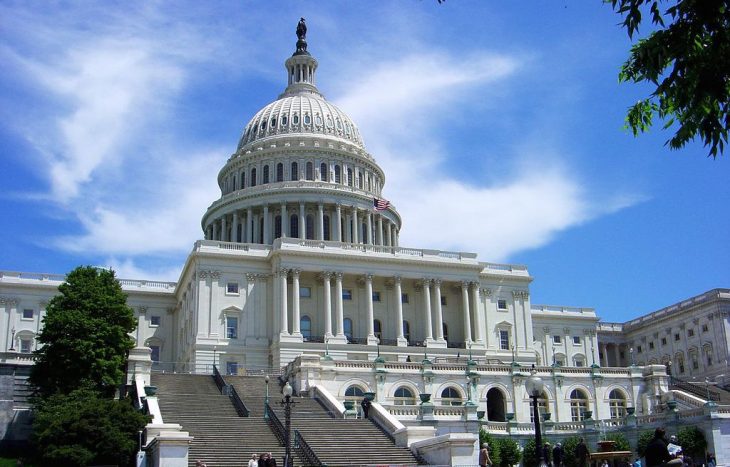The U.S. government announced the complete and permanent lifting of Section 232 tariffs on aluminum imports from Canada and Mexico, without imposing quotas to cap imports at a certain level. In return, the countries agreed to drop all pending litigation with the World Trade Organization regarding the Section 232 tariffs.
The leaders of three North America aluminum associations — Heidi Brock, president and CEO, The Aluminum Association (U.S.); Fernando A. Garcia, president, IMEDAL (Mexico); and Jean Simard, president and CEO, The Aluminium Association of Canada — released a joint statement following the announced removal of the Section 232 tariffs on North American aluminum:
We greatly appreciate the efforts of our respective governments to reinstate exemptions from Section 232 tariffs for North American aluminum. Removing tariffs, without quotas, is a major win for the entire industry and will support continued growth and investment throughout the region. We look forward to working with our governments to ensure that the implementation of this announcement guarantees robust, fair and rules-based trade of aluminum and aluminum products between our three countries. We are glad to see a commitment for improved coordination and monitoring within North America to safeguard against transshipment and the illegal evasion of duties. Our associations can play an important role assisting our governments in this effort by tracking and analyzing trade flow trends and industry data. As noted in our joint letter in March, the free, open and well-monitored trade of aluminum is a critical element of a successful U.S.-Mexico-Canada Agreement (USMCA). We look forward to working with leaders in each of our countries in the coming weeks and months to help implement USMCA. The next step is to come together to tackle the fundamental challenge facing aluminum producers around the world — unfairly subsidized overcapacity in China.
The U.S. administration also committed to work with Canada and Mexico to jointly address potential issues of transshipment, dumping, or subsidization of metal and trade surges that could impact the North American value chain.
“We can at last redirect our attention to the real source of the problem, the global aluminum overcapacity, which results from unfair government subsidies as demonstrated in the OECD report,” stated Simard. “China, which accounts for 54 percent of primary aluminum and 53 percent of the world’s processed aluminum, is the largest aluminum producer on the planet. Any solution to the global problem of oversupply must necessarily take China into account.”

